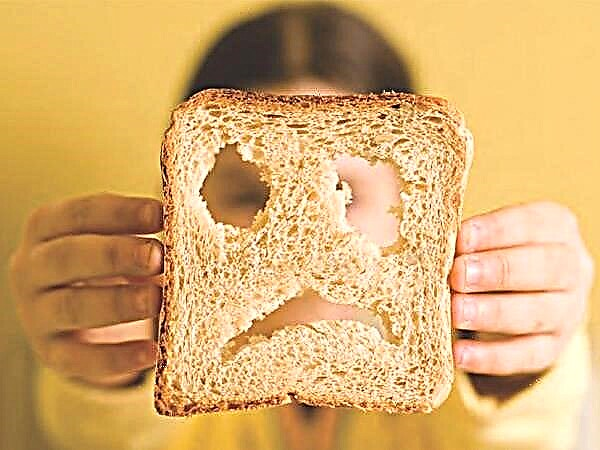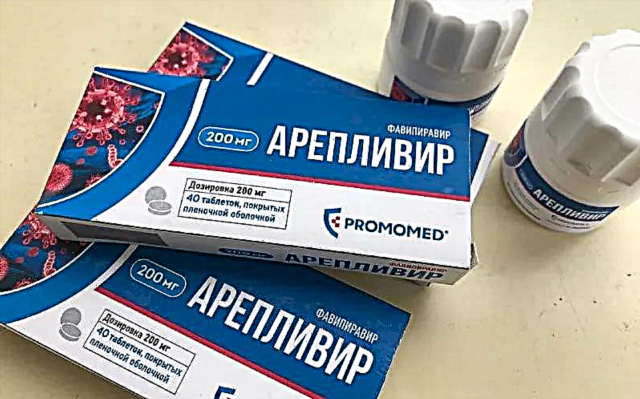
The kidneys and adrenal glands are the most important organs for the life of the whole organism. Any problems with their normal functioning have an immediate impact on the quality of life of the patient, be it an adult or a child. Renal pathologies are quite widespread; more and more often, nephrologists and endocrinologists have recently recognized that the so-called psychogenic factor plays an important role in diseases of the kidneys and adrenal glands.
We will talk about the psychosomatics and psychology of diseases of these organs in this article.
General information
Psychosomatic medicine considers possible psychological and emotional causes that create a favorable background for the development of a particular disease. But without an understanding of anatomy and physiology, the assessment will be inaccurate, blurry. The kidneys are a paired organ located in a healthy person symmetrically on both sides of the spine. They are shaped like a large bob.
Their location is the lower part of the human abdominal cavity. The kidneys are complex, their main function is excretory.

The adrenal glands, despite their similar name, are engaged in other "work" in the body - they secrete hormones important for life. The kidneys are also capable of this, but the adrenal glands do not take part in the excretory function. There is much in common between them and the kidneys: pairing, symmetry.
They are located directly above the kidneys and resemble a crescent in shape. The hormones that are released affect mood, emotions and psyche, allow the child to grow, determine reproductive abilities, etc.

The kidneys are unique in their structure, a powerful filter that helps the human body to remove harmful, dangerous metabolic products. The kidneys "work" around the clock, without rest, like the heart. They begin to work even when the baby is in the mother's womb.
Pathologies of the kidneys and adrenal glands are congenital and acquired. They can be inflammatory, dysfunctional, microbial, dysplastic, oncological.
According to traditional medicine, kidney diseases are most often caused by improper diet, bad habits, hypothermia, immune disorders, hormonal imbalance, concomitant chronic or acute diseases, both infectious and non-infectious.

Psychosomatic causes (kidneys)
To understand what thoughts, emotions and feelings in a person can cause kidney disease, it is worthwhile to first determine the psychosomatic significance of the organ. Knowing the anatomical and physiological basics, it is easy to understand that the kidneys are the reservoir of fluid and its filter. This "reservoir" is not protected in any way on its own, its protection lies entirely on the body. In fact, the kidney accepts the fluid that the body gives it, without refusing in any case, even if this fluid is dangerous.
Water (in this case, urine) in psychosomatic medicine is considered as a substance responsible for openness, truthfulness, and the absence of internal contradictions. If the urine is clean, then the person is truthful and open, if it is cloudy and does not correspond to the norms for a healthy person, there is something in a person that can be designated as turbidity, turmoil, sediment, deception.
You may argue - everyone is lying, and the kidneys hurt, fortunately, not everyone. Yes it is. But it's not a lie as such - big or small, everyday, the point is the internal conflict that the deceiver involuntarily arises. The way he sees himself, what he thinks about himself, is sharply different from what he wants to show others, creating his deceitful image. If at the same time a person himself begins to believe in his own lies, he begins to have kidney disease.
If he has the courage to admit to himself that he is a liar, the kidneys are usually healthy.

Chronic patients with kidney disease, according to the observations of psychoanalysts, do not look like liars. On the contrary, they are very disposed to themselves, you easily begin to trust them. Often such people work with people, they are reputed to be very friendly and benevolent.
Years of futile attempts to recover from chronic pyelonephritis or glomerulonephritis often bring people to see a psychotherapist, who quickly begins to understand that a person is sitting in front of him who “lies as he breathes”, easily, naturally, invisibly to others. He himself believes in what he says. But on a subconscious level there is a severe internal conflict of mismatches, in which the patient distorts information about himself for others.

The left kidney in psychosomatic medicine symbolizes the family sphere (relatives, friends), if it is she who is affected, then the lie should be looked for in family relationships. The right kidney is a public sphere, it is a profession, work, plans, the outside world. In case of damage to the right kidney, one should look for the true psychogenic cause in insincerity in these areas.
Psychotherapists note that the most common kidney disease occurs in politicians, diplomats, teachers, doctors, social workers, actors, singers.
In children
Kidney ailments in children are most often associated with a lack of self-criticism and developed imagination. The child in the depths of his soul understands that he is not Spider-Man, he cannot climb the walls of the house, but he persistently convinces his peers, parents of this. It seems to be a harmless child's play, but not so harmless, an experienced psychotherapist will answer you.
The child, due to age, is deprived of the opportunity to clearly distinguish between play and reality, he often confuses boundaries, does not have the necessary share of criticality towards himself. He launches a psychological program within himself that is not his own. If parents are not taught to separate reality from fiction, kidney disease will appear.

In addition, kidneys hurt in babies with authoritarian parents who suppress the child's personality. He would be glad to object, to express that he has a different opinion, but due to his age he cannot or is afraid. It is easier for him to adjust to his elders, to let their "psycho-programs" into himself. What's the bottom line? Nephritis, pyelonephritis, glomerulonephritis.
For everyone, regardless of age, petty lies can lead to an unpleasant diagnosis - kidney stones (kidney sand). A great betrayal of oneself can lead to a prolapse of the kidney. If at the same time a person is inclined to look at the world with resentment, then an oncological disease is not excluded - cancer. Unwillingness to part with your lies and internal conflict leads to the formation of a cyst. Irritation and intense fear of being exposed leads to inflammation and the development of numerous inflammatory diseases. At a critical level of lies, when the internal conflict reaches its peak, or with a total suppression of the child's personality from the outside, renal failure occurs.
Many researchers (Liz Burbo, Louise Hay, and others) point out that kidney disease is based on fear, but they do not specify the type of this fear. Because of the fear of spiders or darkness, the kidneys do not start to hurt. But because of the fear that everyone will find out who you really are, what you are, and then turn away from you, exclude you from society, acute painful renal colic often occurs.
Psychosomatic medicine proposes to include psychotherapy in the complex of treatment of the disease. In addition to medications, a person needs the help of a psychologist or psychotherapist.
You need to learn to be honest and moderately critical of yourself. Parents of a child with kidney disease need to eliminate the pressure on the child's personality as much as possible, give him the opportunity to be himself.

Psychosomatic causes (adrenal glands)
The adrenal glands psychosomatics assigns the role of organs, which are called organs of dignity, they are responsible for will, wisdom, prudence, the ability to take responsibility on their shoulders, for courage. People with adequate self-esteem rarely have adrenal problems. But overestimated self-esteem or low self-esteem may well lead to both hyperfunction (increased production of hormones) and failure.
Often, problems with the adrenal glands occur in people who set themselves too high, unattainable ideal goals. For such people, in addition to treatment with an endocrinologist, it is important to receive psychological help, since you need to develop a normal self-esteem, a person must set realistic goals and know the ways to achieve them.
It is important to avoid the substitution of values: often children (adolescents) and adults accept as an ideal and role model the ideal of someone else's, which is liked by a friend, mother, wife, and peers. Deep down, a person himself does not really want to be like that, he has his own ideals, but a person cannot voice them and openly define his goals (he is shy, afraid).
A very important factor for healing is gaining true self-respect. This will require not only convincing yourself of your uniqueness, but also doing a lot of useful, good, important things, and not only for yourself, but also for other people. This pretty soon helps to understand your importance and appreciate yourself.
Women and men with infertility due to adrenal dysfunction are often encouraged to engage in charity work or volunteering. In most cases, after six months or a year, the problem with the lack of the necessary hormones is solved - the woman becomes pregnant.





